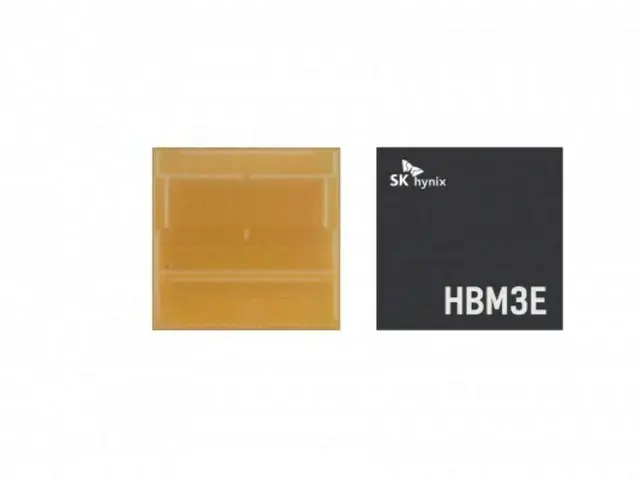As a result, the proportion of total sales in the U.S. recovered to the 50% range. Sales in China increased 121.7% to 8.6061 trillion won (about 940.167 billion yen).
Meanwhile, Samsung Electronics' sales in China increased 97.8% to 23.5456 trillion won (approximately 2.573 trillion yen). This represented 16.1% of total sales, down from the previous year.
This is an increase from 9.6% in the same period last year. The reason for the strong sales of the two companies in China can be attributed to the high demand for semiconductors in the country.
The two companies are promoting domestic procurement of semiconductors, including the development of high bandwidth memory (HBM). As this is expected to lead to further tightening of regulations in the United States, the two companies are working to secure inventory ahead of the tightening of regulations.
This is reflected in the high sales figures for the two companies. The trend of sales by the two companies differing by country is expected to continue. Demand for HBM in the United States is likely to continue. On the other hand, China also accounts for a large share of semiconductor demand, so
It has become a market that Korean companies cannot afford to miss, and some have pointed out that the Korean government needs to continue to cooperate with the US.
2024/09/04 09:28 KST
Copyrights(C) Edaily wowkorea.jp 101

